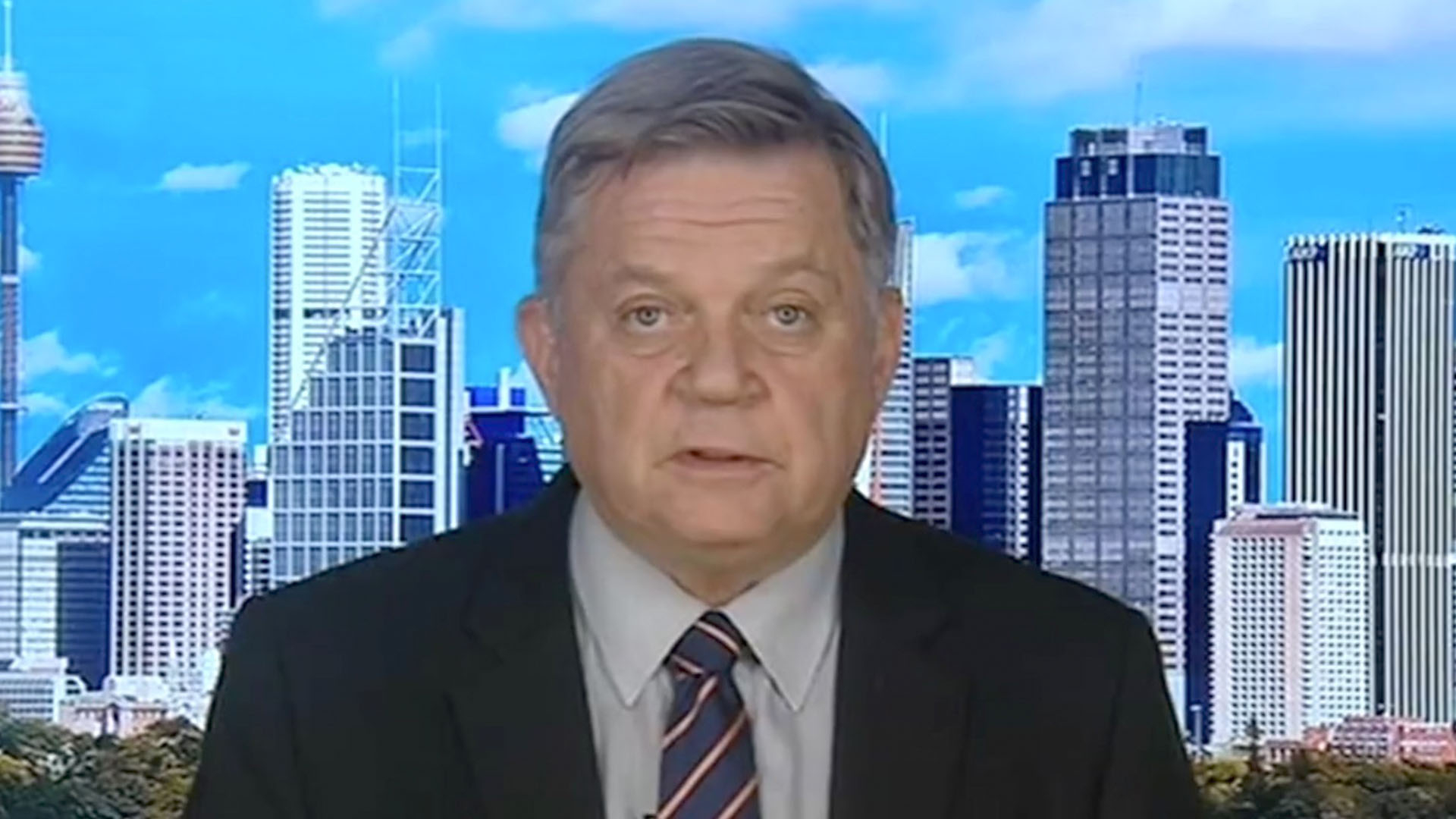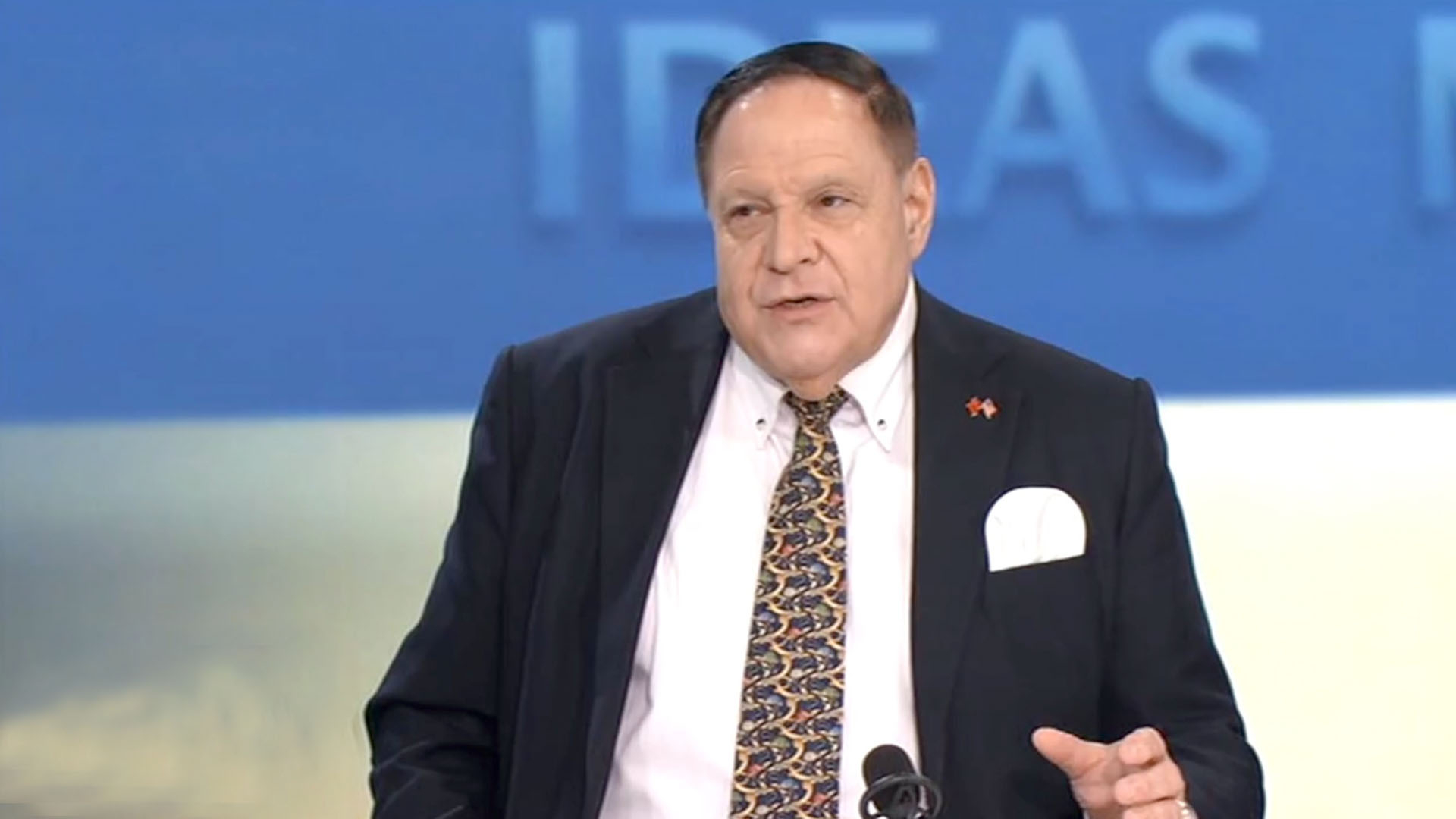
TV Show
18:27, 03-Apr-2019
New Zealand is balancing its foreign policy
Updated
19:04, 03-Apr-2019
Dialogue with Yang Rui
00:59

New Zealand's Prime Minister Jacinda Ardern was in China recently for a short yet important visit to her country's largest trading partner. As the first developed country to agree with a Free Trade Agreement and recognize China as a market economy, New Zealand remains an important partner for China in the Asia-Pacific region. What is the significance of the trip?
Prof. Su Hao from China Foreign Affairs University said that although New Zealand has a mature relationship with China, it has received pressure from the United States to go along with its view and had released documents defining China as a threat to its national security.
"On the one hand, New Zealand is a member of the Five-Eyes (FVFY), an anglophone intelligence alliance comprising Australia, Canada, New Zealand, the United Kingdom, and the United States," he said
"But on the other hand, New Zealand has a strong relationship with China in terms of economic and personal exchange." So this time Jacinda Ardern's arrival plays a vital role in reconfirming the bilateral relationship.
David Mahon, executive chairman of Mahon China Investment, recognized U.S.'s pressure but pointed out that New Zealand is no longer a formal U.S. ally, and often goes its own way. For example, it refused the request for a U.S. warship to dock there and did not participate in the Iraq war.
01:58

Some negative speeches and statements on China were not vetted from the prime minister, and the prime minister said one month ago that Huawei had not been banned but through a process of assessment, looking at security concerns. When Arden visited China this time, there is a possibility Huawei will get approved.
However, a good economic relationship with China has to be under the fully-adopted international laws and politically, New Zealand does not welcome the U.S. to come back and be strong in the Asia-pacific region.
“New Zealand has to think carefully about not being close to Beijing, but not being drawn towards the Trump's administration and its designs, and going back to its position of relative non-alignment,” he said.
Harvey Dzodin, a Senior Fellow at the Center for China and Globalization described New Zealand as a figure whose two arms were being pulled by both China and the U.S. because the U.S. has been putting its nose in places it does not belong, trying to force countries to do things that are against their own interest.
00:57

"Countries should make decisions on their own, considering their national interests," he said. "I really fault the Trump administration for making nations choose as opposed to work multilaterally through international institutions to address these kinds of problems."
(If you want to contribute and have specific expertise, please contact us at opinions@cgtn.com.)

SITEMAP
Copyright © 2018 CGTN. Beijing ICP prepared NO.16065310-3
Copyright © 2018 CGTN. Beijing ICP prepared NO.16065310-3